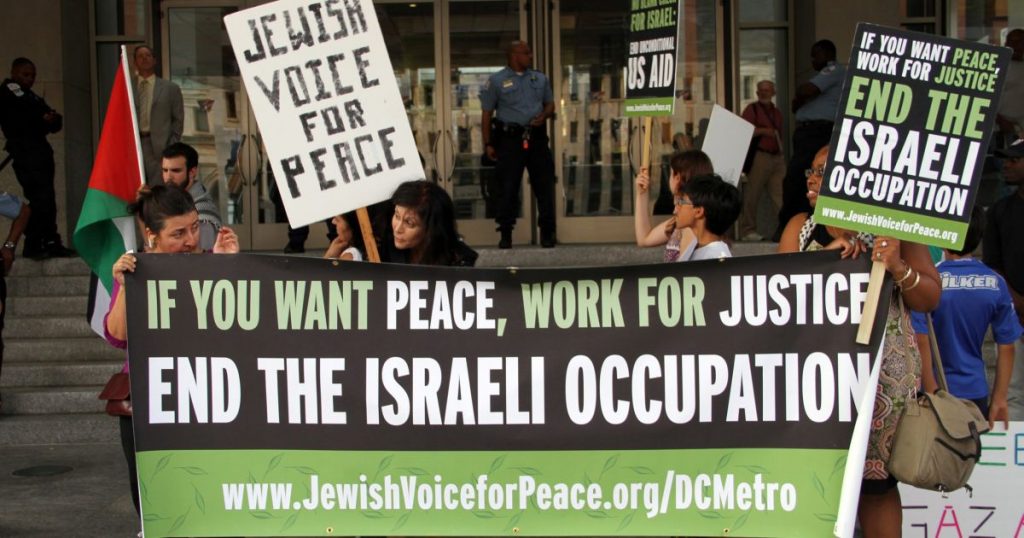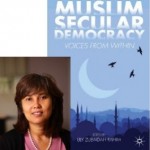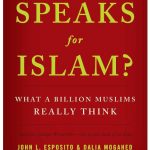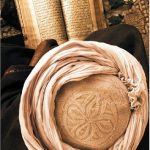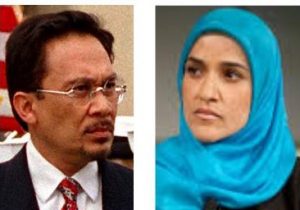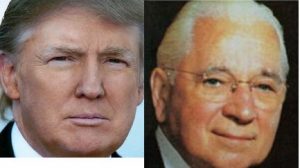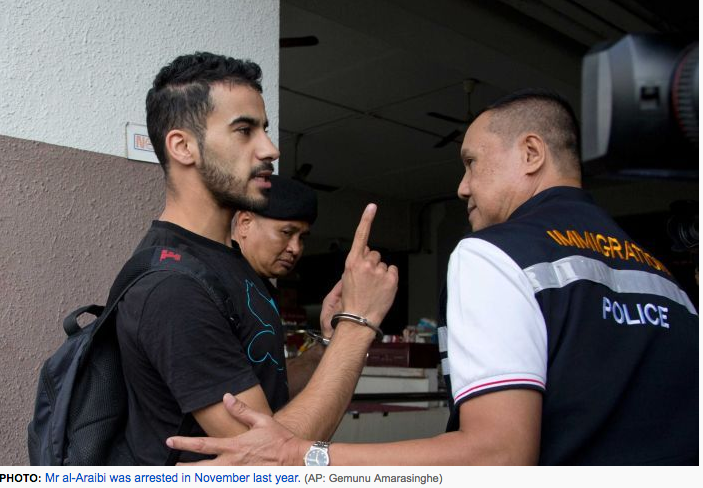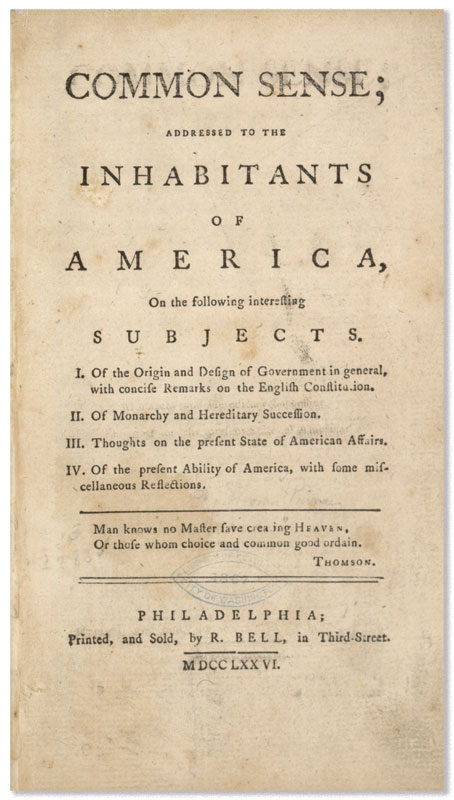How it happened
I never planned to be a librarian. An academic career was stymied as a consequence of joining up with the Worldwide Church of God. That episode brought chaos into my life that led to my early departure from advanced studies. Some years later after more advanced studies I was offered the opportunity to enter a master’s course but by then I was married with young kids and financial commitments and still involved with certain demands of the church so simply could not see that as a realistic option.
I only became an academic or university librarian after another tumultuous turnaround in my life that eventually took me out of the church. Librarianship promised a nice easy nine to five type job that I could leave behind at the end of each day (unlike secondary school teaching) in order to focus on other higher priority personal issues.
Those other issues eventually became past history and there I was, needing stimulation from my nine-to-five cataloguing job. Political and community activism and organizing became one happy outlet.
But when an opportunity came for me to advance up the ladder the job changed and once again I often found myself working extra hours to master all I wanted to master and make the best contribution I could. From there the job opened up international travel and eventually an international posting in a very senior position at the Singapore National Library Board.
What I have enjoyed the most
- Understanding how information and resources are organized to the extent that one can most effectively assist students and academics,
- The appreciation of students and academics for the assistance provided,
- Participating in the change from hard copy to online and internet systems, keeping up to date with the technological changes, watching the way they expand a library’s service potential and learning of the many technical and legal and policy and ethical issues related to these changes.
A metadata librarian
Those are the background pluses one experiences over the years as both a cataloguer and reference librarian. More recent years have seen a complete change in my own responsibilities so that it became hard to even describe myself as a librarian in any meaningful sense to others. I worked in a library building but I no longer touched books or journals. It was all about metadata. I became a metadata librarian.
This shift was all about making publicly funded research in Australian regional universities publicly available through open access and research reporting repositories of digitized research publications and datasets. That over time was expanded to doing the same for special cultural collections.
All of that requires changes in academic culture and university workflows. The public standing and reputation of the researchers is to be advanced and that means close involvement with the researchers themselves on the one hand and the technology teams tasked with building and maintaining the systems that make it all possible on the other.
I was very lucky. I was involved in the very early days of a project to move libraries in this new direction so before long found myself for a while being possibly the only person in Australia who had a handle on what was required metadata-wise across different university sizes and specialties and the different technologies they all used. (Metadata, basically, is about the different languages required for organizing and accessing the different types of data — data for the content, data for the carriers of that content, data for the authors of the content, and so on — one of the many facets required to make the operation workable.) So being a pioneer in a new niche area I was very employable. It has been a stimulating and challenging and most enjoyable time. Helping create major changes for the benefit of researchers and publicly funded research programs, of the public, of cultural groups (in particular Australian indigenous communities) has been the most satisfying time professionally in my life.
The ongoing relevance
I have regularly turned back to some of the professional training I was given to become a librarian even when blogging on Vridar. One of the most valuable areas of that education was in information and knowledge management. Coming to have a clear understanding of the distinction between “public knowledge” and “specialist or research knowledge”; the distinction between data, information and knowledge; the distinction between a creative work per se, the expression of that work, the manifestation of that work, and the digital or hard copy of the work itself — being clear about the differences and functions of each particle that contributes to our ability to share and acquire information — all of this has helped me in analysing different aspects of what I read and what I endeavour to understand and write about.
Before all of that, when doing postgraduate educational studies, I specialized in the essences of propaganda and genuine education, and how to guard against one and promote the other. And all of that further involved understanding the relationship between values and knowledge production and evaluation.
Before that, as a teacher, I found much of my time devoted to working on how to make new concepts clear and as easily understood as possible.
So though I missed out on an academic career I did find a very rewarding way to make a living nonetheless. And that demon that set me on the wrong course at the outset, the religious cult, in the end directed me into seeking to understand as completely and truly as I could the nature of religious belief, cults, radicalization, and even the origins of the Bible and Christianity themselves. One other carry over from that life-destroying demon: the experience has left me with an indelible awareness of just how easy it is for any of us to be wrong, and the importance of doing one’s homework as thoroughly as possible at all times.
Like this:
Like Loading...

